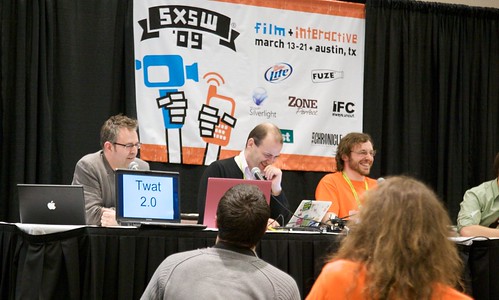New Season, New Sociability
/September is here and the leaves are turning brown. As Philip Larkin once wrote, “begin afresh, afresh, afresh.” A time for renewal, perhaps.
Sociability launched in 2007 in a very different environment to 2012. Back then I was part of a small but passionate movement to use “web 2.0” tools to reorganise our social systems, improve public services, connect people together and build the world we want to live in. Now civic responsibility has given way to economic reality, and unfortunately many of those that were leading this charge are now pursuing other strategies to survive in this leaner, meaner world.
But Sociability has persisted, and so too have many of the projects and conversations we were part of five years ago. Being a network has made us more resilient to change, and many of the trends we were part of in 2007 have grown rather than receded.
Three years on from our publication of Social by Social, the Arab Spring, Wikileaks and #Occupy mean everyone is now talking about the role social media is playing in social change. Four years on from starting Mindapples, the Government is now measuring our national wellbeing and there is more talk than ever about the centrality of mental health real venus factor reviews in public health. Two years on from the publication of Local by Social, the Big Society agenda and spending cuts have made collaborating with citizens a key part of the work of local authorities and public service organisations.
Okay, so maybe we didn’t expect the Olympics to be quite as good as they turned out to be - but hey, we can’t get everything right.
So as we enter our sixth year, with a revamped website and a new focus on social business and social technology, we hope that over the coming years we’ll continue to push boundaries and break new ground, and have some interesting conversations along the way.
We hope that our new projects, Lock-in TV and Do a Bit, will turn out to be as prescient as our previous innovations, and that we can continue to help our clients adapt to an increasingly turbulent but also ever-more dynamic new global market.
And most of all, we hope people will keep sharing their ideas with us and helping us learn more about the world we live in, and how to thrive in it.
Expect to see a bit more blogging from me too. I’ve missed blogging.
Happy Autumn everyone.







